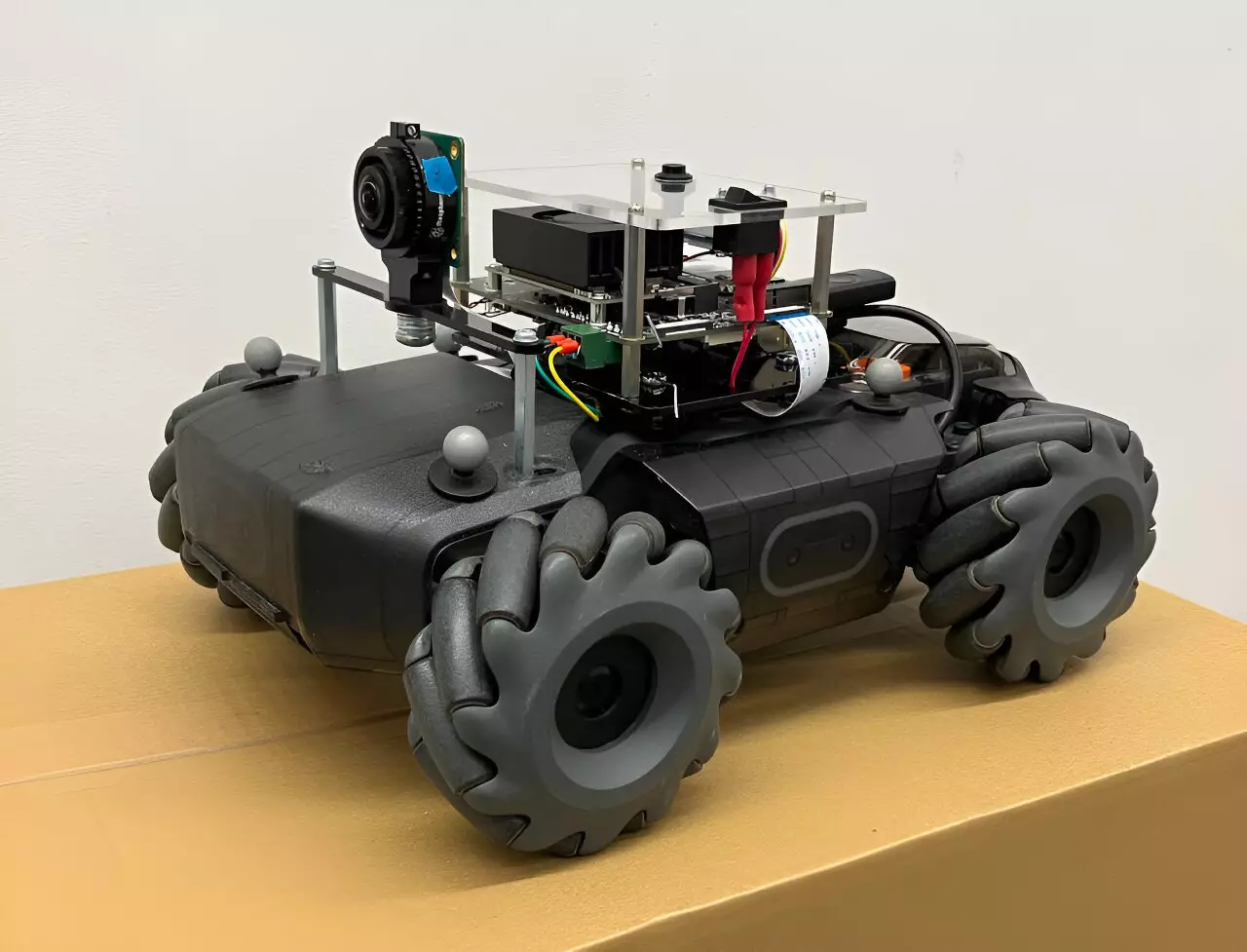Robotics has come a long way in recent years, with the potential for teams of robots to tackle far more elaborate missions than individual robots. These teams of robots can cover long distances faster, visit different sites simultaneously, and monitor larger geographical areas. The combination of reliable hardware and software for multi-robot applications has the potential to advance research in this field, facilitating the testing of robot teams in specific real-world settings.
Recently, researchers at the University of Cambridge introduced the Cambridge RoboMaster, a promising platform for multi-robot research. This platform includes the design of a fleet of customized RoboMaster wheeled robots, along with software to simulate and train the robots on specific tasks. With a focus on developing solutions for collective intelligence in multi-robot and multi-agent systems, this platform opens up a wide range of applications, including automated transport, logistics, environmental monitoring, and search and rescue.
The team at the University of Cambridge set out to develop a multi-robot research platform that met specific requirements, including state-of-the-art computing power, speed, agility, and durability. Utilizing customized versions of DJI RoboMaster S1 robots as the foundation, they continuously iterated on and improved the capabilities of the platform over the course of three years. By enhancing the robots with more capable computers, sensors, and control software, the researchers were able to deploy them in multiple projects, showcasing their effectiveness.
One of the key advantages of the Cambridge RoboMaster is its perfect balance between robot size and capabilities. The customized DJI RoboMaster S1 robots offer a unique solution that overcomes the limitations of both smaller and larger robots typically used in research settings. With a focus on full on-board autonomy, peer-to-peer communication, and the ability to run multi-agent reinforcement learning policies directly from a simulation framework, the platform provides a cost-effective and highly capable tool for multi-robot experiments in indoor environments.
The Cambridge RoboMaster presents a versatile and accessible testbed for multi-robot research, with the potential for universities and robotics labs worldwide to integrate the platform into their experimental work. With a price point of around $700, the platform is both affordable and advanced, making it an ideal tool for research demonstrations and practical applications in multi-agent systems. As the platform continues to evolve, researchers are looking towards exciting new projects that will push the limits of multi-robot and multi-agent systems research, including improvements in on-board sensing, decentralized communication, and control.
The Cambridge RoboMaster represents a significant advancement in the field of multi-robot research. With its combination of advanced capabilities, affordability, and versatility, the platform has the potential to drive innovation in a wide range of applications, from automated transport logistics to search and rescue missions. As research groups worldwide begin to experiment with the platform and test algorithms for various multi-robot applications, the future of multi-robot systems research looks brighter than ever before.


Leave a Reply
You must be logged in to post a comment.